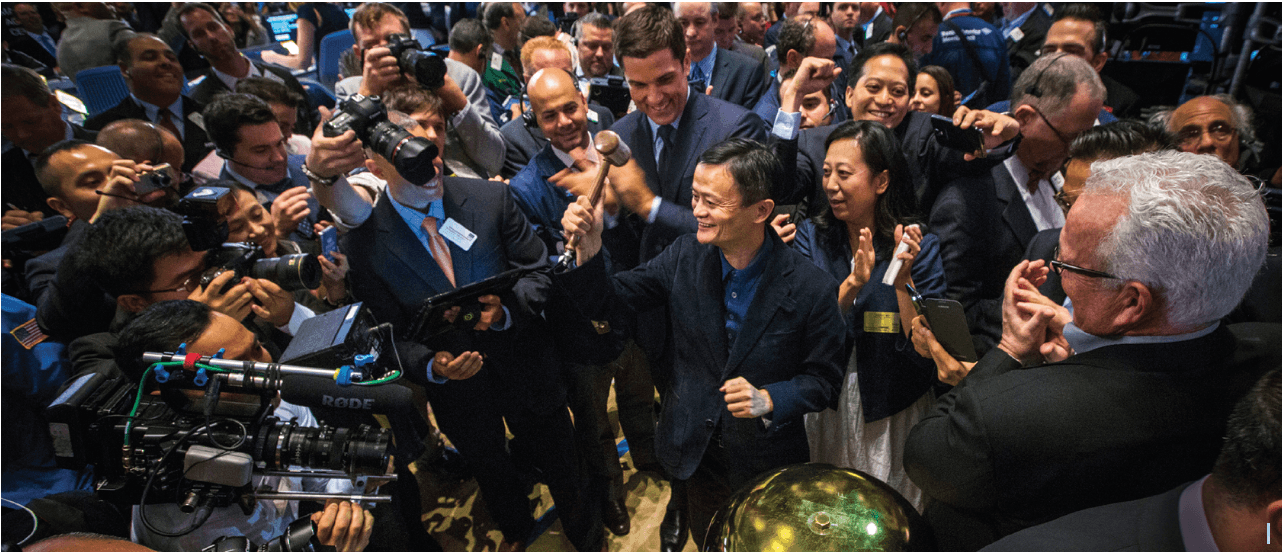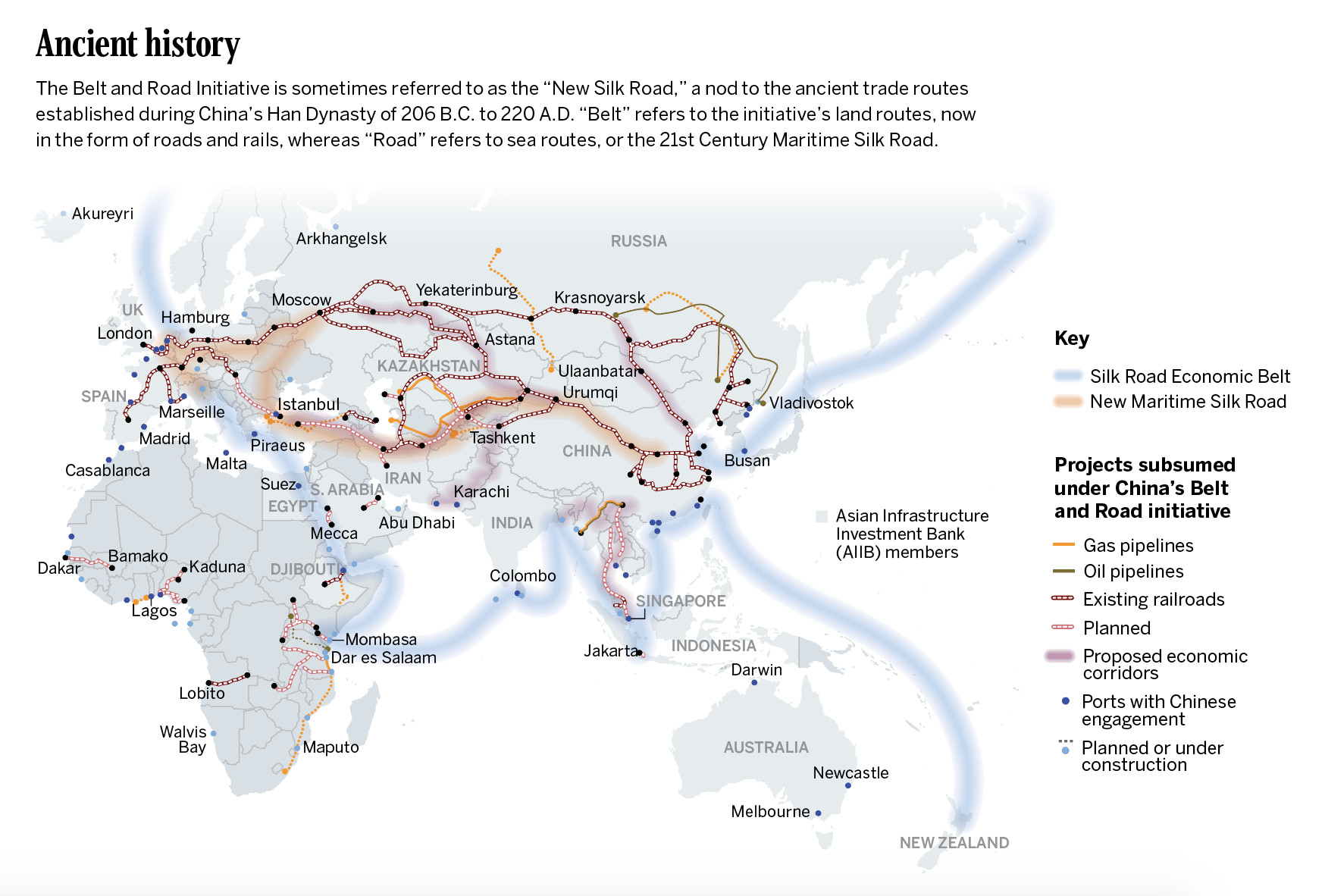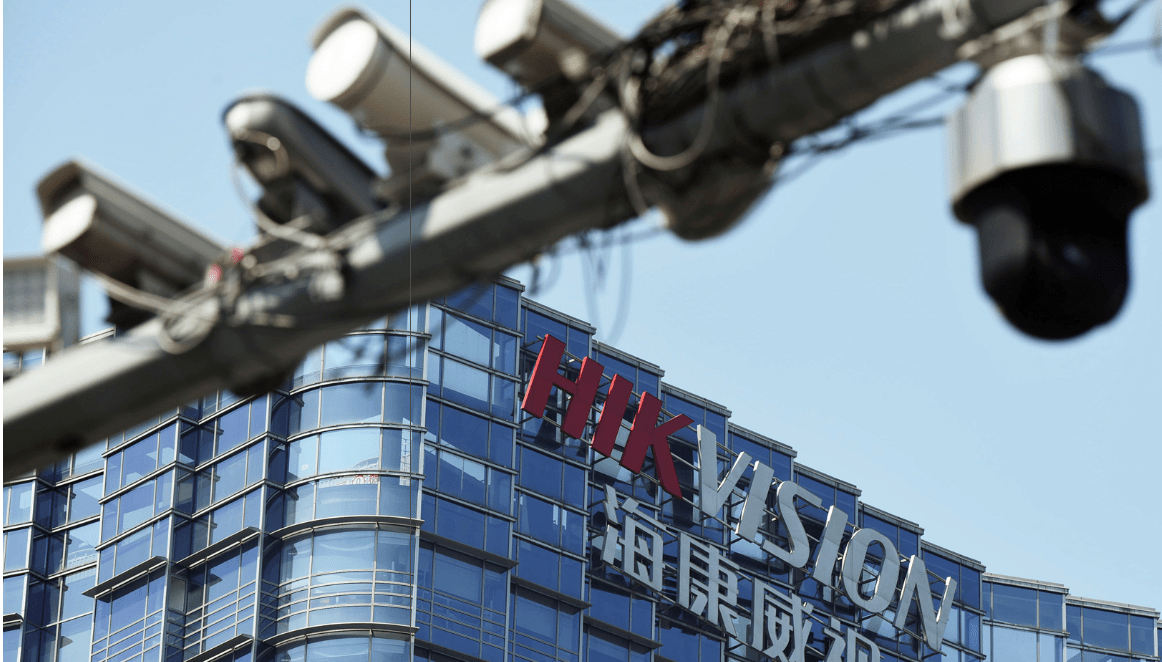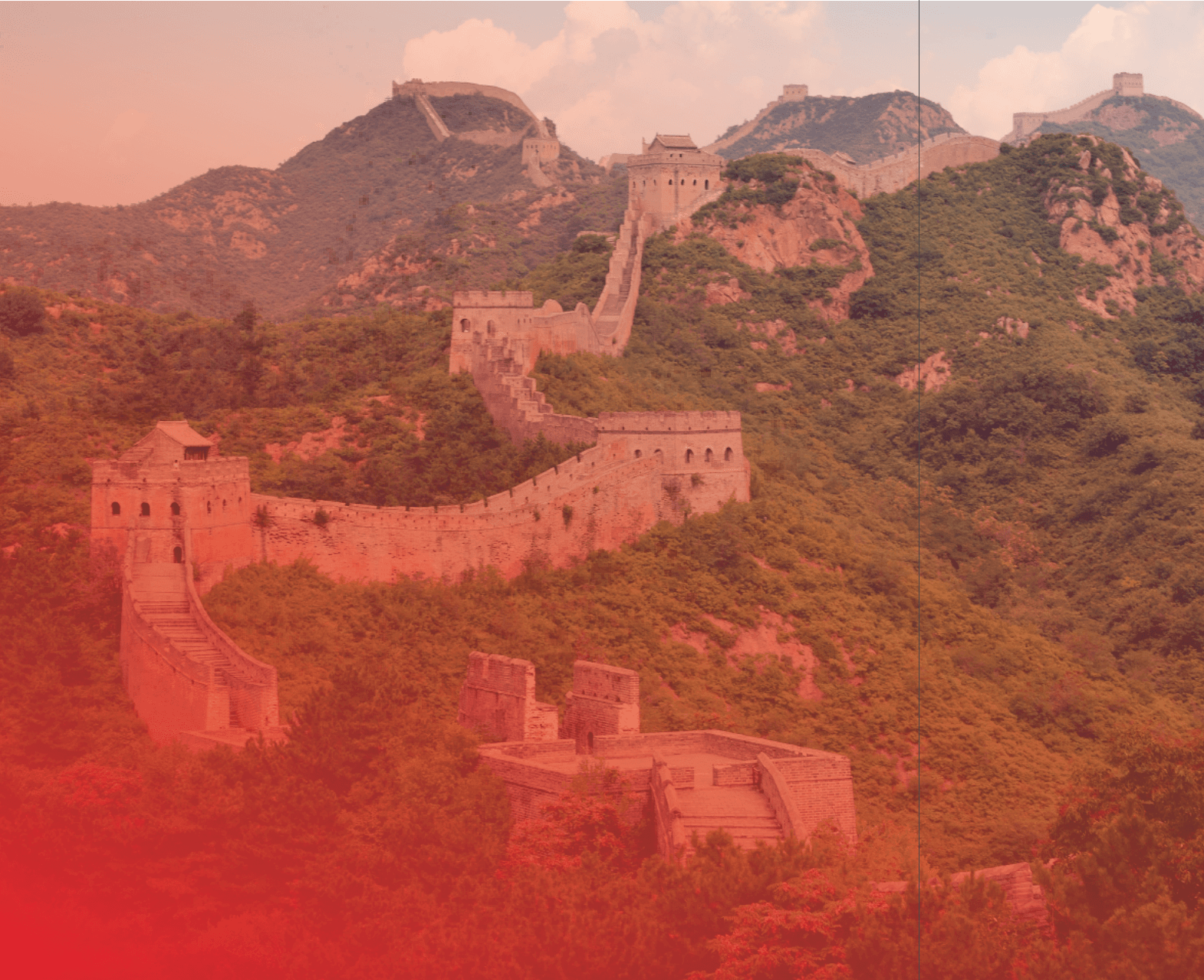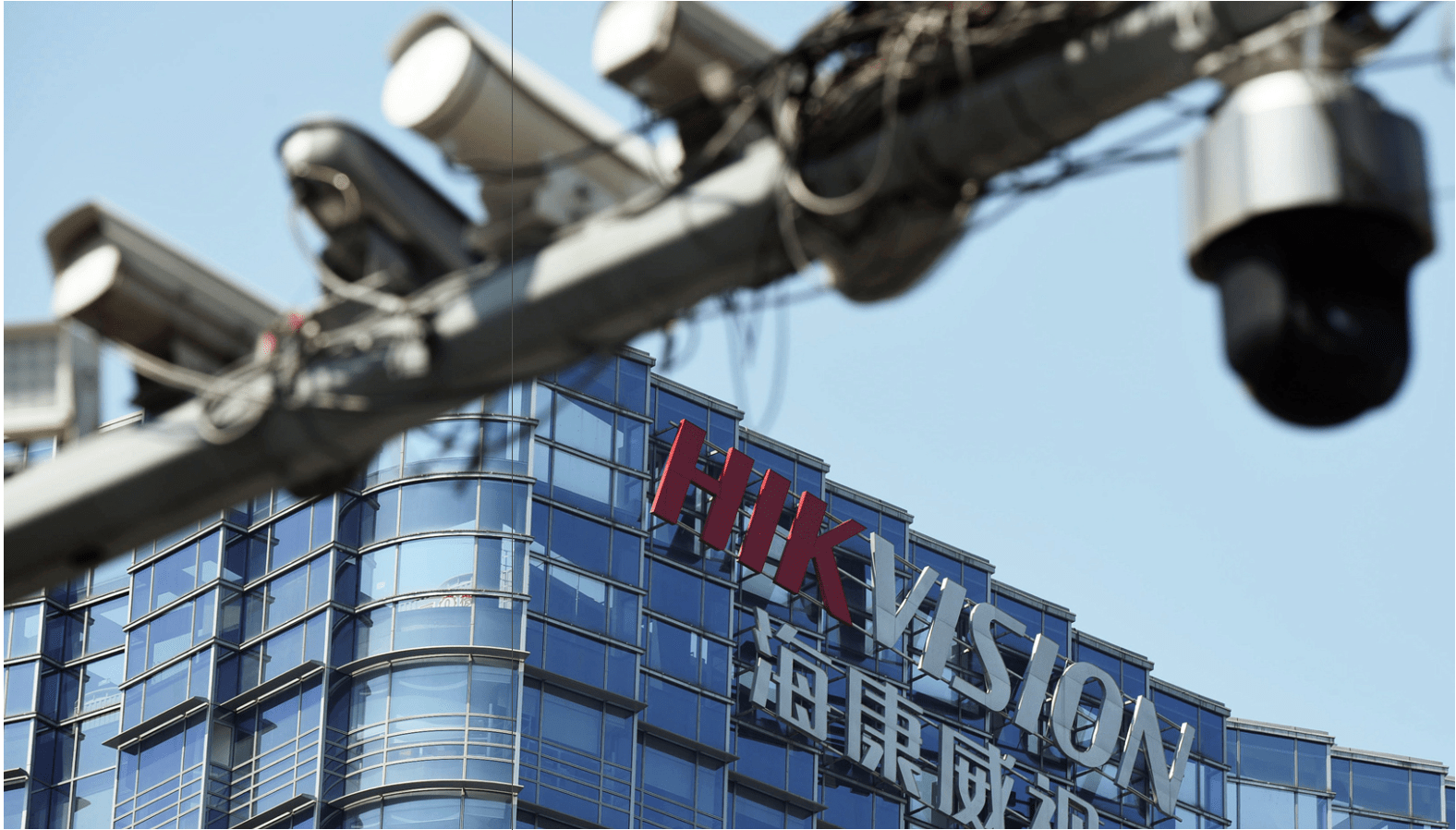The CCP Threat
Will the Free World awaken to the menace of China? Luckbox asks a group of experts in this special roundtable.
The United States and other Western democracies have stood by passively as the Chinese Communist Party polishes and shares the instruments of authoritarianism. The party relies on surveillance, censorship and propaganda to control the populace—often with the help of Western companies that hunger for a piece of the gargantuan Chinese market.
Does China pose a threat to the United States?
Sarah Cook: If you look at human rights, democracy and internet freedom, China under the Chinese Communist Party certainly does pose a threat to fundamental American values and institutions. China engages in media control and other efforts to censor or downplay points of view they don’t like in the mainstream media and in business.
Sophal Ear: The U.S. is still the world’s greatest economy, and it has the greatest military, but from the standpoint of sheer size, China has to become economically bigger at some point. The more people you have, the more human resources you have. In per capita output China may never equal the U.S., but it would be strange if it never surpasses the U.S. in total, just because of its huge population.
Does Russia or China pose a greater threat to United States?
Robert Spalding: The establishment consensus is that Russia is more of a military threat to the United States—with the advance of its nuclear weapons, modernization of its nuclear arsenal and the development of hypersonic weapons. But the Chinese Communist Party represents the most significant existential threat since the Soviet Union, not just to the United States but to all democratic systems. China has insinuated itself into the institutions of liberal democracies and has re-engineered globalization to turn what we believe to be the strengths of those institutions into vulnerabilities.
Nadège Rolland: My personal view is that Russia is a declining country. Yes, it’s a very important actor that still has a lot of military power. It has a lot of leverage over Europe because of its energy power as well. But overall, compared with China’s economic clout and political and diplomatic influence, I think it’s not as important in the in the long run.
Why has the United States been so passive about the threat of China?
Spalding: I don’t think that national security professionals understand the dynamics of global economics or global finance. Authoritarian capitalist systems like China use economic and financial relationships to suppress the freedoms generally valued in a democracy.

Are Americans becoming more aware of China’s aggression?
Spalding: For the most part. But unless you’re forced into making national security policy at the highest levels, you will probably not get a full understanding of the picture.
Cook: Over the last year we’re seeing much greater awareness among a much wider range of audiences in the U.S. and other parts of the world. My Twitter feed was all about China after the NBA’s acquiescence to Chinese censorship and then the South Park ban.
James Griffiths: Governments in the West—particularly in the U.S. but also the U.K. where I’m from—have a lot of other things on their plates that are preventing this from becoming a priority. That’s understandable but doesn’t necessarily mean we’re going to be in a great space.
How would the U.S. military be affected if China withheld supplies?
Spalding: The risk is quite severe because we’ve almost completely de-industrialized the United States. Whole industries are dominated by China, one of which is the rare earth metal industry. Another is the refinery capability of the United States, which is less than it needs to be. We’ve allowed these things to die in the United States through lack of care or lack of industrial policy.
Could the loss of America’s manufacturing base embolden China to attack the U.S.?
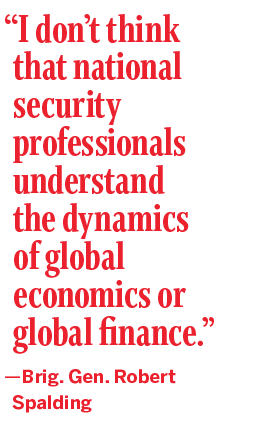
Spalding: I don’t believe that the Chinese pose a military threat in the sense that they seek a military conflict with the United States.
Ear: China’s Belt and Road Initiative is producing airports and seaports with regional military potential in countries like Pakistan and Cambodia. It’s spoken of as the “string of pearls” that could extend China’s military power beyond its borders. (See “The New Silk Road.”)
Does China’s suppression of its people extend beyond its borders?
Cook: Intimidation and harassment are sometimes targeted at members of the exile community here in the United States. We see that very directly. When Chinese nationals are abroad, family members still in China are sometimes detained. Some are not allowed to go back and can’t see their families for years. They have elderly parents who they can’t go visit before they pass away.
Are China and Russia cooperating to spread authoritarianism?
Cook: There’s formal and informal cooperation. They’re both members of the Shanghai Cooperation Organization, which has provisions that result in persecution. Other examples are more informal. Russia is trying to copy internet regulation tactics from China. And then China is copying information tactics on social media that are very Russia-like—that started emerging over the last year. They definitely feed off of each other.
Ear: Both are undemocratic so they have a common adversary—the West. It seems that China and Russia have the same goal in mind—to undermine us and show they can screw with the world’s biggest economy. They want to prove they can manipulate elections, taking advantage of our openness in ways that we need to be aware of. China learned from the collapse of the Soviet Union and now applies policies with “gradualism” instead of shock.
Griffiths: Russia has realized that it was trailing by a long way, and it’s increasingly adopting the Chinese mode. Chinese experts are flying to Russia and consulting with them. In recent months Russia has been experimenting with taking its domestic internet offline and controlling how the internet intersects with the rest of the world, which is how China’s internet already exists. Russia is essentially adopting the Chinese model for the internet.
Rolland: Well, it’s not an alliance. It’s everything but an alliance. They don’t have a treaty. Their relationship is unsustainable because of the underlying distrust between the two countries. It’s a very close relationship based on a common view of what the world should look like, which is a recognition that Western democracies and values are dangerous for both of their regimes.
How should the United States address concerns about China?
Rolland: With regard to China, realizing the importance of working together with your allies is really fundamental. This is something America needs to do for its own interests, but it’s too complex for the U.S. to act alone. It really, really needs cooperation and understanding and joint work with allies and friends and like-minded countries to be efficient. This is really fundamental.

